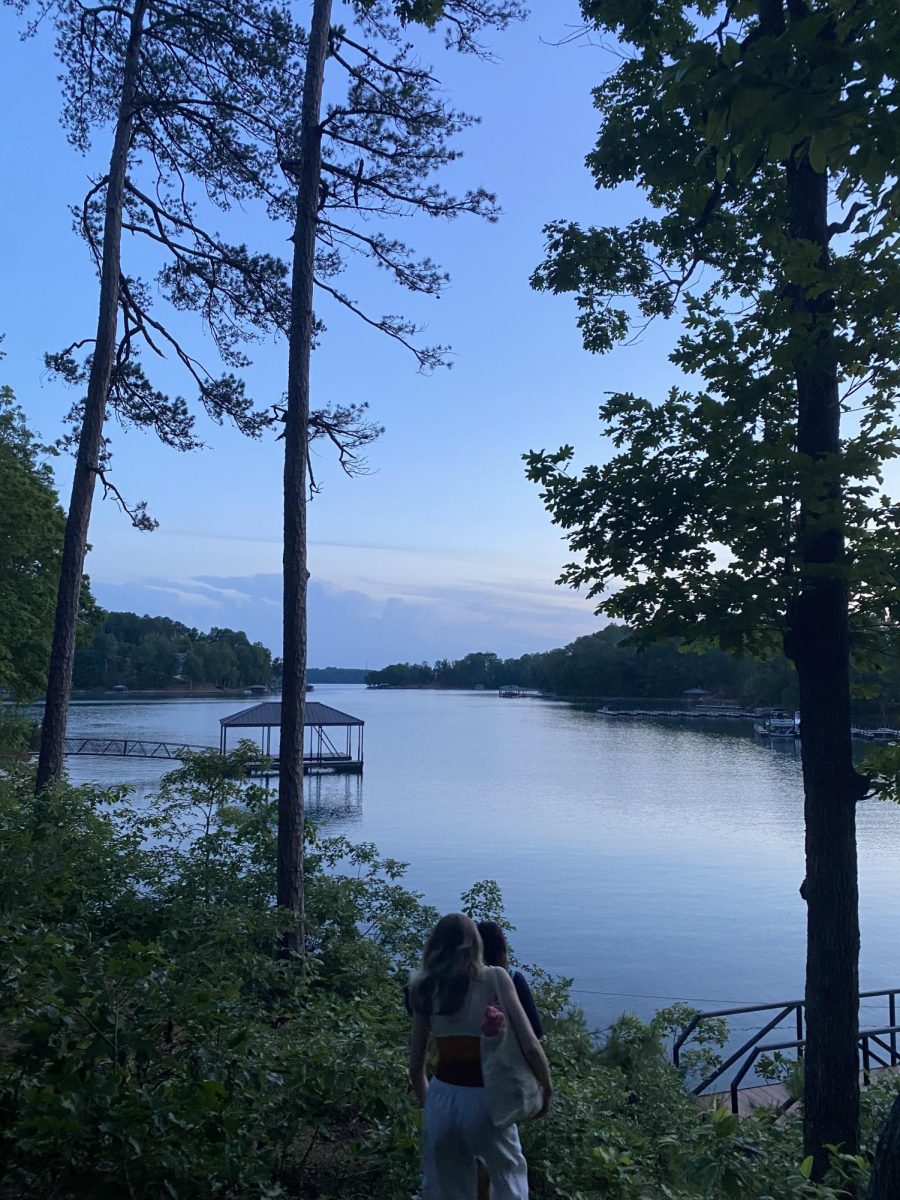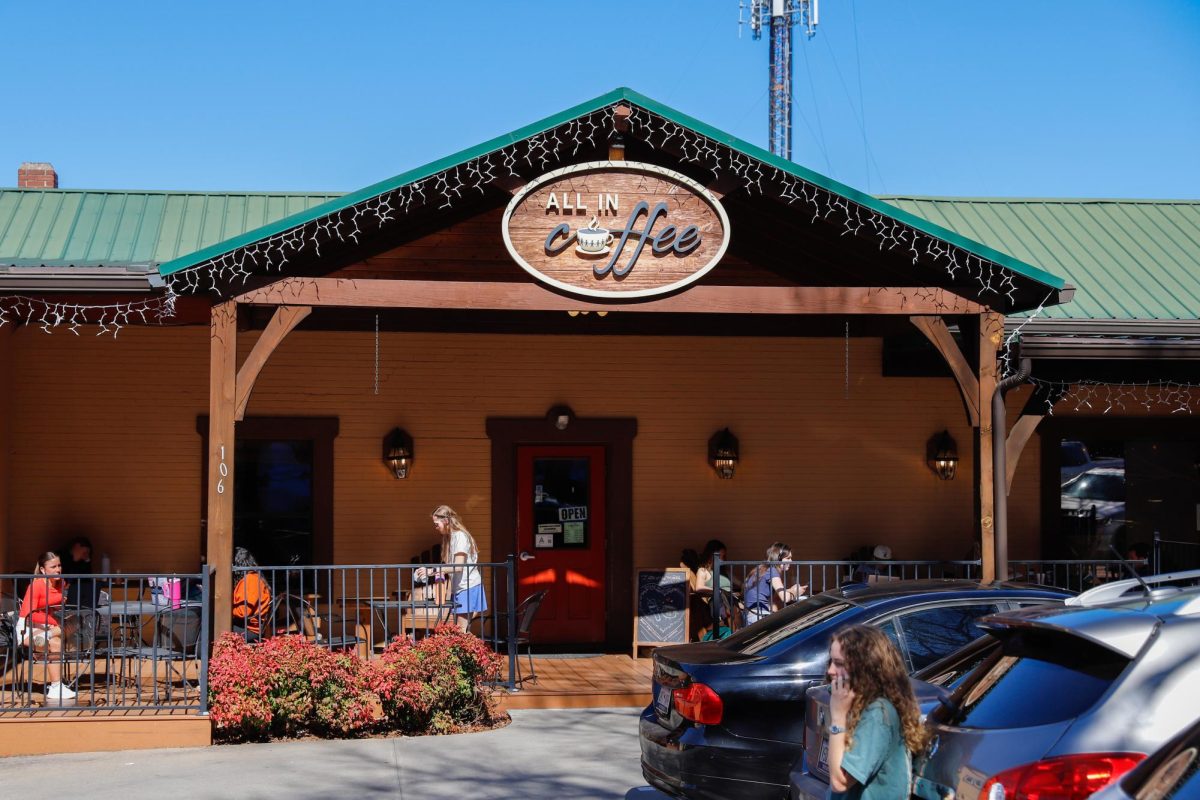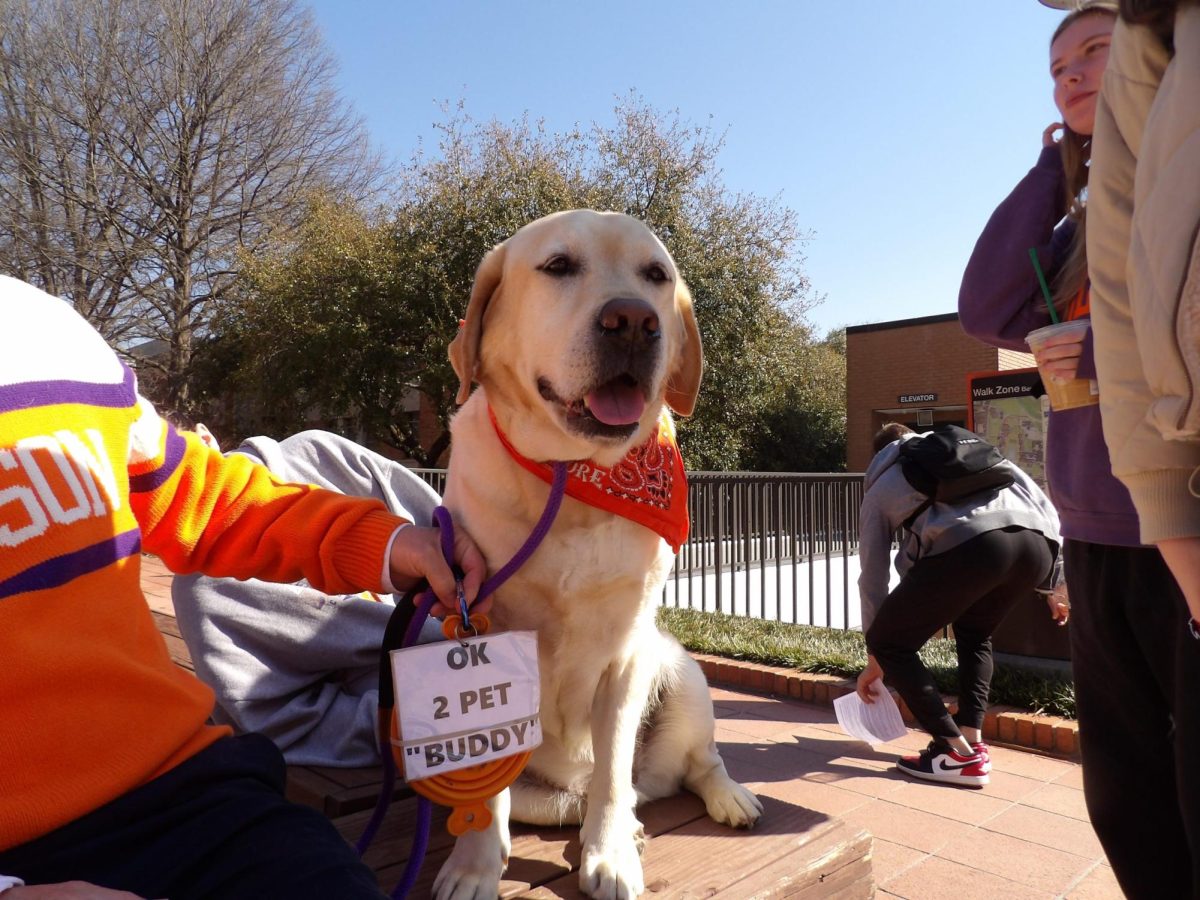Underage drinking is a problem in South Carolina — an estimated 85 South Carolinians under the age of 21 die each year due to alcohol use, according to the South Carolina Department of Alcohol and Other Drug Abuse Services. In response to this issue, along with the number of parties busted each year by the Clemson City Police Department (Clemson PD), the city passed a social host ordinance over spring break. We’ve broken down the ordinance below so that you can learn more about what it is and how it could potentially affect you.
What does Clemson’s ordinance say? And what is a social host ordinance anyway?
The city of Clemson’s social host ordinance has three main components:
-
Social hosts cannot knowingly allow any underage individuals to possess or consume alcohol at an unlicensed location.
-
Social hosts cannot host, permit or allow any underage individuals to be present at a social gathering when alcohol is present and accessible, unless they make reasonable efforts to ensure that underage individuals do not possess or consume alcohol.
-
Social hosts cannot allow a social gathering at an unlicensed location to get out of control to the extent that the public safety, health, peace, and/or welfare is threatened and/or disturbed.
You can take a look at the entire ordinance on our website or by visiting the city of Clemson’s website.
A social host ordinance aims to hold responsible individuals who knowingly allow underage persons to possess or consume alcohol on property that he/she owns, leases or otherwise controls.
Ok, but what do some of these fancy terms mean?
Clemson’s ordinance defines a social host as any individual, with possession and the right to control an unlicensed location, who allows for a social gathering at that unlicensed location. There can be more than one social host at a social gathering.
A social gathering is defined as “a gathering of persons where alcohol is present and accessible.”
An underage person is someone who is not 21 years old or older.
An unlicensed location is a property within the Clemson city limits that is not licensed by the State of South Carolina to sell, dispense or serve alcohol.
An “out of control” social gathering is defined as one where public safety, health, peace and welfare is threatened and/or disturbed. For example, “out of control” situations include, but are not limited to, parking vehicles in a way that emergency vehicles cannot access the social gathering, the size of the gathering exceeds the maximum safe occupancy, or noises from social gathering violate the City noise ordinance.
It’s also worth noting that in the ordinance, a person doesn’t just equal an individual. The ordinance’s definition of a “person” also includes, but is not limited to, groups of individuals, partnerships, corporations, business entities, associations of one or more individuals, fraternities and sororities.
“Reasonable efforts” include, but are not limited to, limiting the amount of alcohol available, limiting the size of the gathering, restricting access to alcohol by persons under the age of 21, and obtaining valid state identification documents confirming the legal age of persons attending the gathering.
When does the ordinance go into effect?
The ordinance went into effect immediately upon its passing on March 19.
What happens if I violate the ordinance?
Violation of the ordinance is considered a misdemeanor offense. The penalties for violating the ordinance change depending on how many times you’ve violated the ordinance and been charged by police. Here’s a look:
First time offenders: Pay a $200 fine
Second time offenders: Pay a $300 fine
Third time offenders: Pay a $400 fine or spend up to 30 days in jail
Fourth time and subsequent time offenders: Pay a $500 fine and/or spend up to 30 days in jail
To determine the appropriate penalty, the courts can consider prior offenses 6 years from the date of the violation of the ordinance.
In addition, any mandatory assessments and court costs will be added to the above fines.
Is there any type of alcohol amnesty?
Yes, there is.
To be immune from criminal prosecution for violating the ordinance, you must be able to establish the following:
-
Someone called 911 to report that an underage individual was in need of medical assistance due to alcohol consumption.
-
The individual who called 911, and if applicable, other individuals acting in concert with the person who initially called 911, provided each of their names to the 911 operator during the initial call.
-
The individual who called 911 was the first person to call 911.
-
The individual who called 911, and if applicable, other individuals acting in concert with the person who initially called 911, all remain on scene with the underage person in need of medical assistance until assistance arrived and cooperated with first responders on the scene.
Social hosts can still be found to be in violation of the ordinance, even if the persons who called 911 are not. That’s unless the social host(s) can prove they followed the aforementioned four steps.
What was the process to get the ordinance passed?
The ordinance was first introduced to city council during its meeting on January 16. A public hearing was then held on Feb. 5.
The ordinance then went through a second, final read at the March 19 city council meeting and was passed by a 6-1 vote, WSPA reported.
Why did the city of Clemson feel like this was needed?
The ordinance was proposed by the city of Clemson’s Police Chief, Jimmy Dixon. He felt that the ordinance was needed to help curb the amount of underage drinking happening in the city, and that measures already in place were not enough. According to Dixon, Clemson PD busts an average of upwards of 200-250 parties a year.
What does the Clemson community think about this?
Response to the ordinance is mixed — some people support it, while others don’t.
“I think any underage kid that’s drinking alcohol has to understand the risk and anyone that’s hosting underage drinkers has to understand the risks,” senior mechanical engineering major Alek Cunningham said. “Personally, I’ve never had a problem with it, but I think either side needs to know the risk and if they get caught that’s on them. I don’t see any huge issue with this.”
Those who do not support the ordinance cite the extremes of the policy as to why this could be handled differently.
“I feel like that’s a bit extreme. I feel like we should educate students instead of charging them with that because I know a lot of students here dont have the means to pay for that,” junior microbiology major Dalia Saif said.
Some people feel that the ordinance is overreaching, and that the new ordinance will hurt the city police department’s attempts to register parties which was created in order to decrease negative consequences of parties in residential neighborhoods.
“I thought the registration of the party was a brilliant idea, and I fear that [the ordinance’s] current form will drive that underground,” Clemson resident Kyle Tausland said during the city council meeting on Feb. 5. “You don’t have to have the host to write the Minor in Possession to the people who are underage; that’s easy.”
Do other cities in SC have something like this? What about other states?
According to WSPA, Clemson is the only city in South Carolina to have this type of ordinance. However, about 30 states across the U.S. do have some type of statewide law creating criminal penalties for party hosts who allow underage drinking or host out of control parties.







